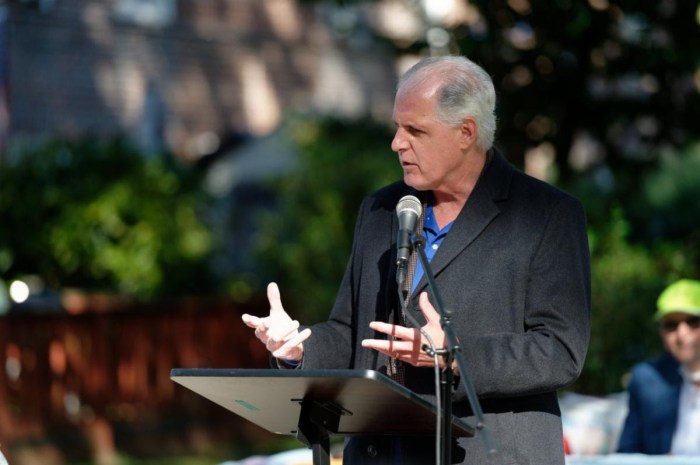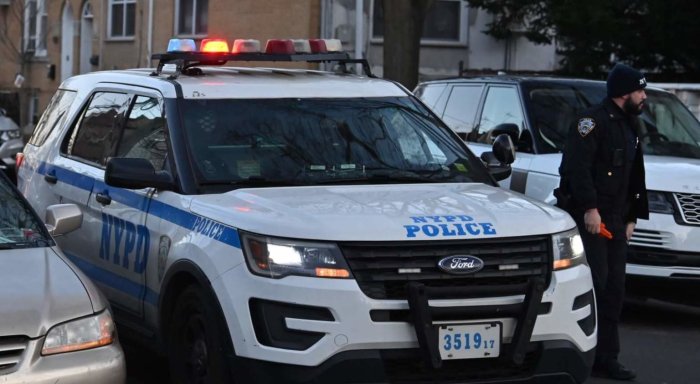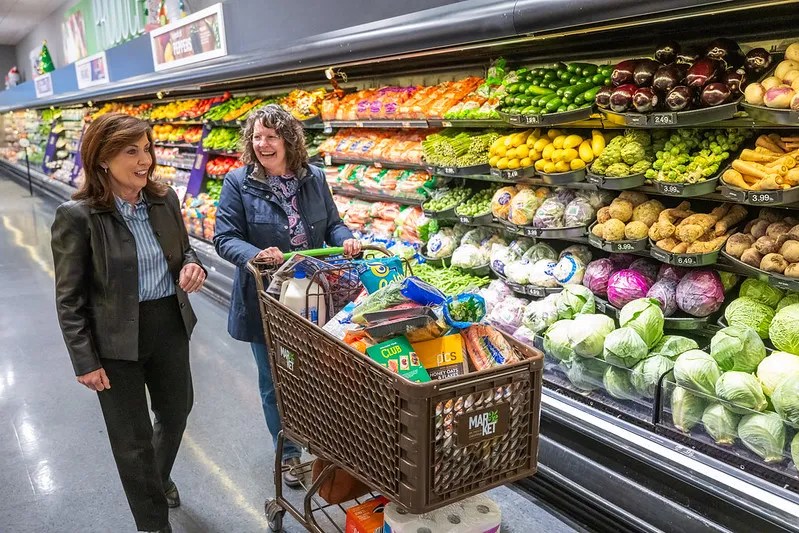By Courtney Dentch
Laurelton resident Linda Butts, 52, is facing a double-lung transplant operation, but she’s not worried about the surgery. She’s worried about how she’s going to get to the hospital.
Butts, of 137-34 219th St., suffers from sarcoidosis, a disease that has attacked her lungs and turned them to scar tissue. Once a workaholic who put in 14-hour days, Butts is now chained to an oxygen tank, making it difficult for her to move around.
Butts is on the waiting list for a double-lung transplant at the University of Pennsylvania Medical Center in Philadelphia, one of the few hospitals in the nation certified by Medicare and Butts’s health insurance to complete the operation.
She does not know how long she will have to wait, but once viable organs are available, she will need to travel by helicopter to get to the hospital within 2 1/2 hours and will have to stay in Philadelphia for six to eight months while she recovers, she said.
But Butts, who lives with her mother, father and daughter, is worried about how she is going to pay for the helicopter trip and the second residence in Philadelphia.
“That’s two households she has to take care of,” said Charlotte Thornton, founder of the Queens Sarcoidosis Support Group, to which Butts belongs.
Sarcoidosis is a systemic disorder that attacks various organs in the body, said Butts, over the ever-present hum of the oxygen generator. Butts relies on the oxygen to ease her breathing but can move freely about, thanks to the long cord connecting her to the air supply.
Sarcoidosis manifests itself most often in the lungs, as with Butts, but it can affect the liver, the mouth, the brain, and almost any other part of the body, she said. Most patients have no symptoms at all, but others experience trouble breathing, rashes, fever or a soreness of the eyes.
While sarcoidosis itself is not fatal, severe cases like Butts’s can lead to complications that could be life-threatening. In Butts’s condition, sarcoidosis has developed into pulmonary fibrosis, which causes scar tissue to form on the lungs, making it increasingly harder for her to breath.
“My body feels like my lungs have to be healed,” Butts said. “It takes the elasticity out of my lungs. It’s not painful, just hard to breath.”
Butts was first diagnosed with the disease in 1971, when she contracted a cough she could not shake. Later doctors misdiagnosed it as tuberculosis and bronchitis, but the sarcoidosis diagnosis reappeared in the late 1980s, she said. The disease is often misdiagnosed since its symptoms are similar to those of other diseases and doctors know little about the illness, Butts said.
“It mimics other diseases so you may think you have asthma but you really have sarcoidosis,” Thornton said.
Butts’s breathing problems worsened until she reluctantly had to leave her supervisor job with the city Department of Finance on a disability retirement in June 1990.
“I was a workaholic,” she said. “I enjoyed working. All my friends were at work.”
Since Butts has been staying home, she has spent time with crafts such as creating home decorations, covering cigar boxes with fabrics, and upholstery, she said.
“You’ve got to keep yourself busy or you’ll just think about how sick you are,” she said.
The cause of the disease is still unknown, but it is not contagious, according to a pamphlet from the National Sarcoidosis Resource Center.
“They came to the conclusion that they don’t know what causes it,” Thornton said.
Researchers and doctors have found the disease is most prevalent among American blacks and northern European whites, and mainly afflicts people between the ages of 20 and 40. It is fatal in fewer than 5 percent of patients and about 50 percent of sarcoidosis patients improve spontaneously, according to the American Lung Association.
Thornton and the support group are helping Butts to raise money for the transportation to the hospital and the living space there. Butts’ health insurance will cover the cost of the operation, but not the peripheral expenses, she said.
The Friends of Linda Butts, the fund-raising group, is planning events such as a trip to Foxwoods Casino in Connecticut and a Black Spectrum Theater performance, where part of the ticket price would go to Butts, Thornton said.
“Everyone is just so impressed with Linda at the meetings,” Thornton said. “She talks about this operation like she’s going out to dinner.”
“I just think of this as not much,” Butts said.
Donations can be sent to P.O. Box 430, Jamaica, N.Y. 11423. For more information on the support group, call 217-6434.
Reach reporter Courtney Dentch by e-mail at TimesLedger@aol.com, or by phone at 229-0300, Ext. 138.



































